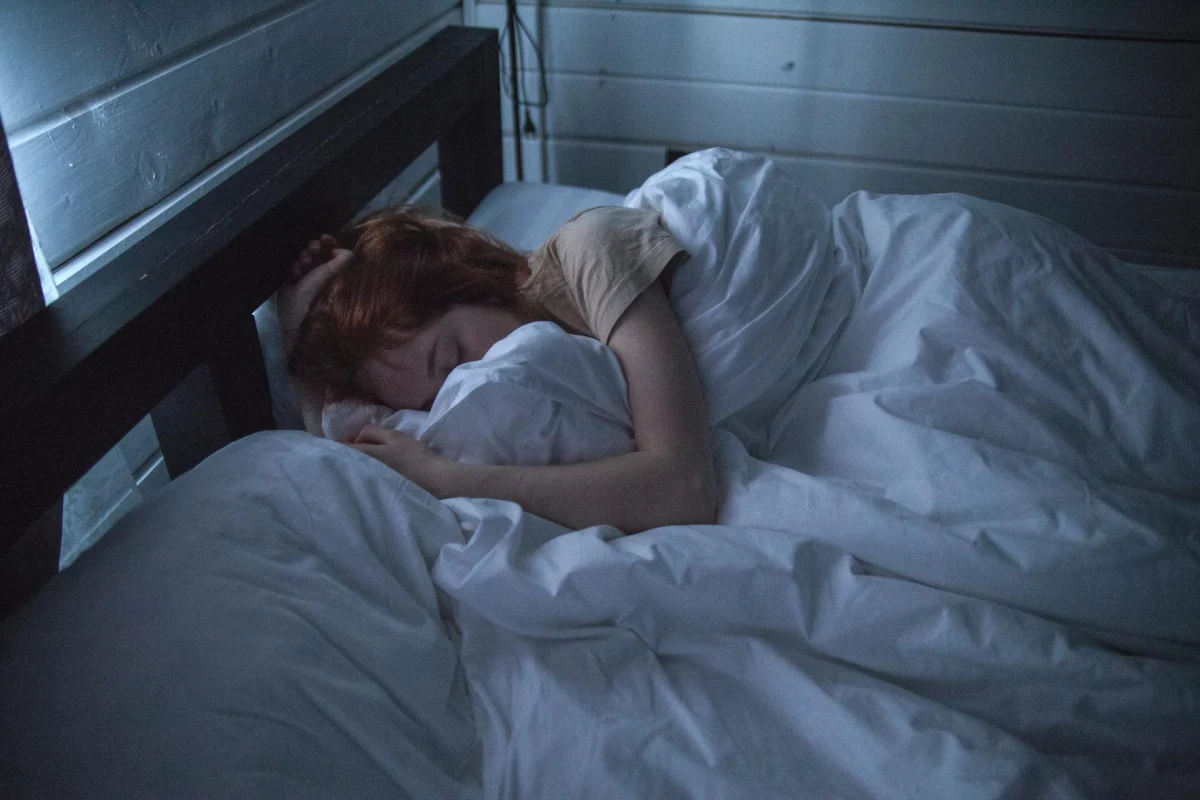Sleep is as vital to our health as nutrition and exercise, yet many people still treat it as an afterthought. You might be eating well, staying active, and managing your daily stresses—especially in a place like Dayton, Ohio, where access to parks, hiking trails, and an affordable lifestyle make wellness easier to pursue. But here’s the real question: are you sleeping well?
Many people don’t realize how poor sleep can impact everything from mood and memory to heart health and immune strength. And while loud noises or too much caffeine are obvious culprits, there are plenty of lesser-known factors quietly wrecking your rest each night.
This article will help you uncover those seven hidden sleep disruptors and offer simple, practical fixes for each one. Because once you understand what’s really keeping you up, you can finally start sleeping the way your body needs.
1. Mouth Matters: How Oral Health Can Sabotage Your Sleep
Oral health isn’t the first thing people think of when they can’t sleep. But crowded teeth, a narrow palate, or an incorrect bite can interfere with your ability to breathe properly during the night. These structural issues may lead to obstructive sleep apnea. This condition causes brief pauses in breathing while you sleep, pulling you out of deep rest over and over again.
The problem is often overlooked until symptoms—like snoring, gasping, or daytime fatigue—become impossible to ignore. But do not fret! It’s treatable. An orthodontist can assess your dental structure and suggest solutions like braces, expanders, or even airway-focused therapies. If you’re in Dayton, take advantage of the city’s reasonable cost of living and prioritize this kind of care. If no one nearby specializes in this area, don’t settle. Search for a professional orthodontist near Dayton, Ohio, with experience in such issues. It’s a worthy investment in your long-term health.
2. Light Pollution in Your Bedroom
Even tiny amounts of light at night can interfere with your body’s sleep-wake cycle. Your brain produces melatonin when it senses darkness. If you leave your phone screen on, keep a lamp plugged in, or let in streetlight through the window, your brain may think it’s still daytime. And it doesn’t matter how much you convince it otherwise. As a result, melatonin production drops, making it harder to fall asleep and stay asleep.
You don’t need to turn your bedroom into a bunker, but small adjustments can make a big difference. Use blackout curtains to block outside light. Remove electronics that glow. Keep your phone face down or, better yet, out of the room entirely. These changes tell your brain it’s time to take a long break.
3. Bedroom Clutter and Sleep Anxiety
Your surroundings play a major role in how relaxed you feel before bed. A messy, disorganized bedroom can raise stress levels and make it harder to shift into rest mode. The clutter signals chaos, not calm, and your brain responds accordingly.
Try keeping your bedroom simple and clean. Fold clothes, clear nightstands, and avoid using your bed as a workstation. A tidy space creates mental clarity. It also helps build a mental association between your bedroom and rest.
4. Inconsistent Sleep Schedule
A healthy sleep cycle thrives on routine. If you go to bed at 10 PM on weekdays but stay up past midnight on weekends, your body has trouble keeping a consistent rhythm. This throws off your internal clock and delays the release of sleep hormones.
Stick to a regular bedtime and wake-up time—even if you’ve taken a day off or it’s the weekend. Over time, your body will adjust, and sleep will come more easily.
5. Poor Air Quality Indoors
Most people assume the air inside is clean. But in reality, indoor air is often more polluted than outdoor air. Dust, pet dander, mold spores, and chemicals from household cleaners can build up over time. These irritants may trigger allergies or respiratory issues that disrupt your sleep without you even realizing it. If you wake up congested or with a dry throat, the air in your bedroom could be to blame.
So, what’s one of the easiest ways to improve indoor air quality? Use a HEPA-filter air purifier. These devices trap fine particles and reduce allergens in the room. You should also clean regularly, vacuum with a filter-equipped vacuum, and wash your sheets weekly.
6. Noisy Environment (Even the Quiet Kind)
Some sounds don’t seem loud but still interfere with your sleep. A humming fridge, ticking clock, or the distant sound of traffic might not seem disruptive during the day, but your brain stays sensitive to sound while you sleep.
Try to reduce or mask these sounds. A white noise machine or fan can create a consistent background hum that drowns out sharp noises. If external sounds are too loud, consider using soft earplugs.
7. Poor Mattress or Pillow Support
The wrong mattress or pillow can cause physical discomfort that you may not notice until the next morning. An old, sagging mattress might make you toss and turn. A flat or overly thick pillow might strain your neck.
You don’t need to spend thousands, but you do need something that supports your body properly. Choose a mattress that matches your sleep style. Your pillow should keep your neck aligned with your spine. Test out different options if you’re unsure, and replace old bedding that no longer feels right.
Many people struggle with sleep without realizing the cause. While it’s tempting to look for a single fix, it’s often a combination of small issues that adds up to restless nights. Take a moment to reflect on your habits and surroundings. The road to better sleep isn’t complicated—but it does require attention to the details you might otherwise overlook. When you fix those, deep, restful sleep can finally become part of your routine—not a lucky accident.













